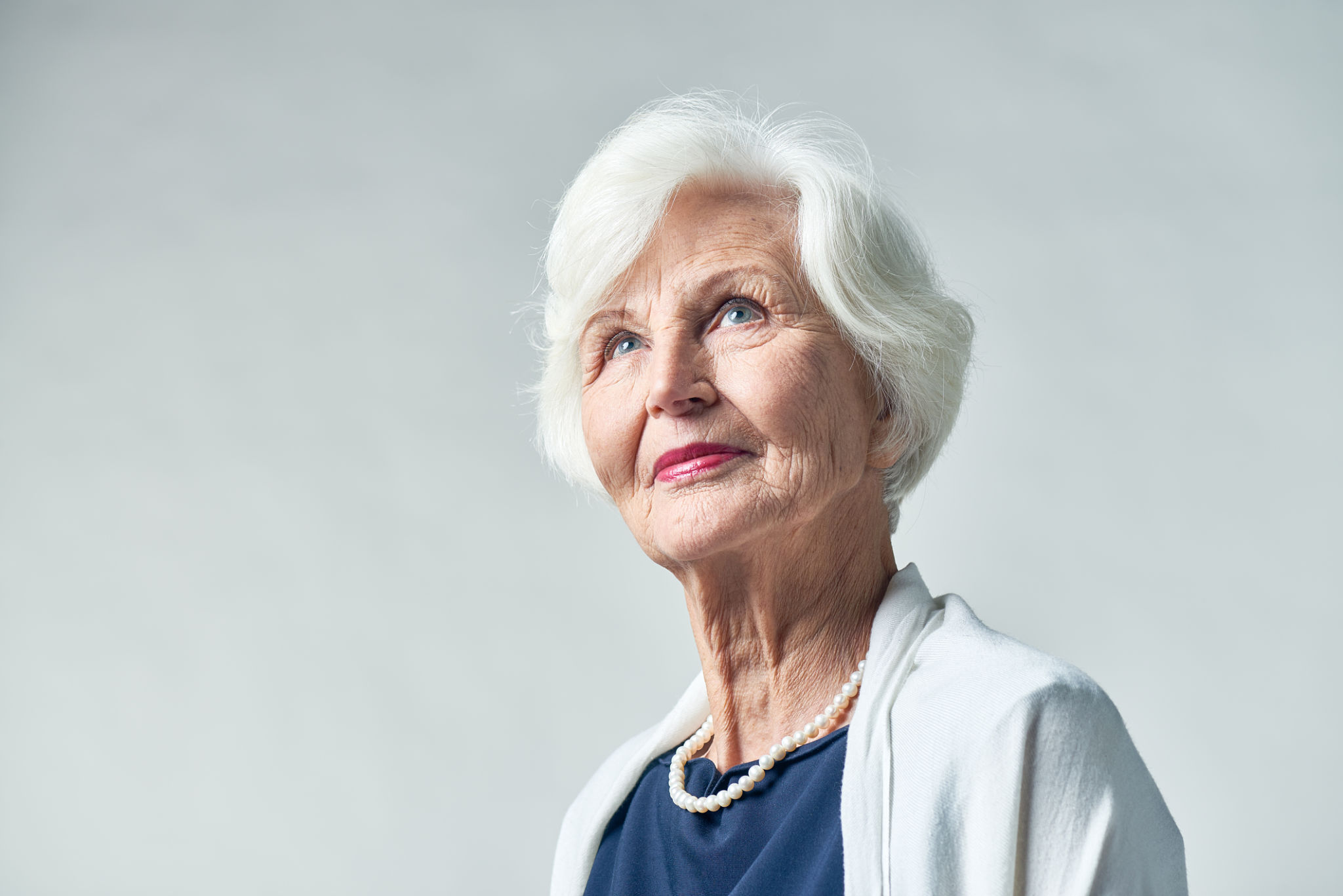The Benefits of Aging at Home: Why Staying Put Is the Best Choice
Introduction to Aging at Home
As people age, the question of where and how they will spend their later years becomes increasingly important. For many, aging at home offers a sense of comfort and familiarity that cannot be matched by other living arrangements. Choosing to stay put can significantly enhance quality of life, providing a safe and cherished environment surrounded by memories.

The Comfort of Familiar Surroundings
One of the primary benefits of aging at home is the comfort of being in a familiar environment. This familiarity can reduce stress and anxiety, making daily life more enjoyable. Being surrounded by personal belongings and cherished memories can provide emotional security, which is particularly important as cognitive functions may decline over time.
Moreover, maintaining connections with local friends and neighbors can help sustain a supportive social network. This community connection is vital for emotional well-being and can prevent the feelings of loneliness often associated with aging.
Maintaining Independence and Autonomy
Aging at home allows individuals to maintain a higher level of independence. They can continue to make their own choices about daily activities, meals, and routines, which is crucial for maintaining dignity and self-worth. This autonomy can lead to a greater sense of fulfillment and satisfaction in everyday life.
Additionally, staying at home enables people to adapt their living space according to their personal needs. Whether it's installing grab bars or creating a more accessible bathroom, these adjustments can be made to ensure safety while preserving independence.

Cost-Effectiveness of Aging in Place
Financial considerations are often a significant factor in deciding where to age. Aging at home can be more cost-effective than moving into assisted living facilities or nursing homes. By avoiding the high costs associated with institutional care, individuals can allocate resources toward in-home care services or modifications that enhance their living space.
- Lower housing costs compared to assisted living facilities
- Customizable care options based on individual needs
- Potential for government assistance or insurance coverage
Access to Personalized Care
Aging at home allows for more personalized care tailored to individual needs. Home care services can range from medical support to help with daily tasks like cooking and cleaning. This flexibility means that care plans can evolve as needs change, ensuring that individuals receive the best possible support without the constraints of institutional schedules.
Furthermore, family members often feel more comfortable providing care in a home setting, fostering stronger familial bonds and ensuring that loved ones are closely involved in the caregiving process.

The Psychological Benefits
The psychological impact of staying in one's own home should not be underestimated. Individuals who age at home often experience lower levels of depression and anxiety compared to those in institutional settings. The sense of control over one's environment and the ability to continue engaging in familiar activities contribute significantly to mental well-being.
Moreover, the opportunity to remain engaged with local community activities, hobbies, and interests plays a crucial role in sustaining cognitive health. This engagement helps keep the mind active and reduces the risk of cognitive decline.
Conclusion: The Best Choice for Many
Aging at home offers a multitude of benefits that contribute to a higher quality of life for seniors. From maintaining independence and reducing costs to enjoying personalized care and psychological well-being, staying put is often the best choice for those who wish to age gracefully in their own surroundings.
For families considering this option, it's essential to evaluate the needs and preferences of their loved ones, ensuring that the decision aligns with their long-term happiness and health. With careful planning and support, aging at home can be a rewarding experience that allows seniors to live life on their own terms.
